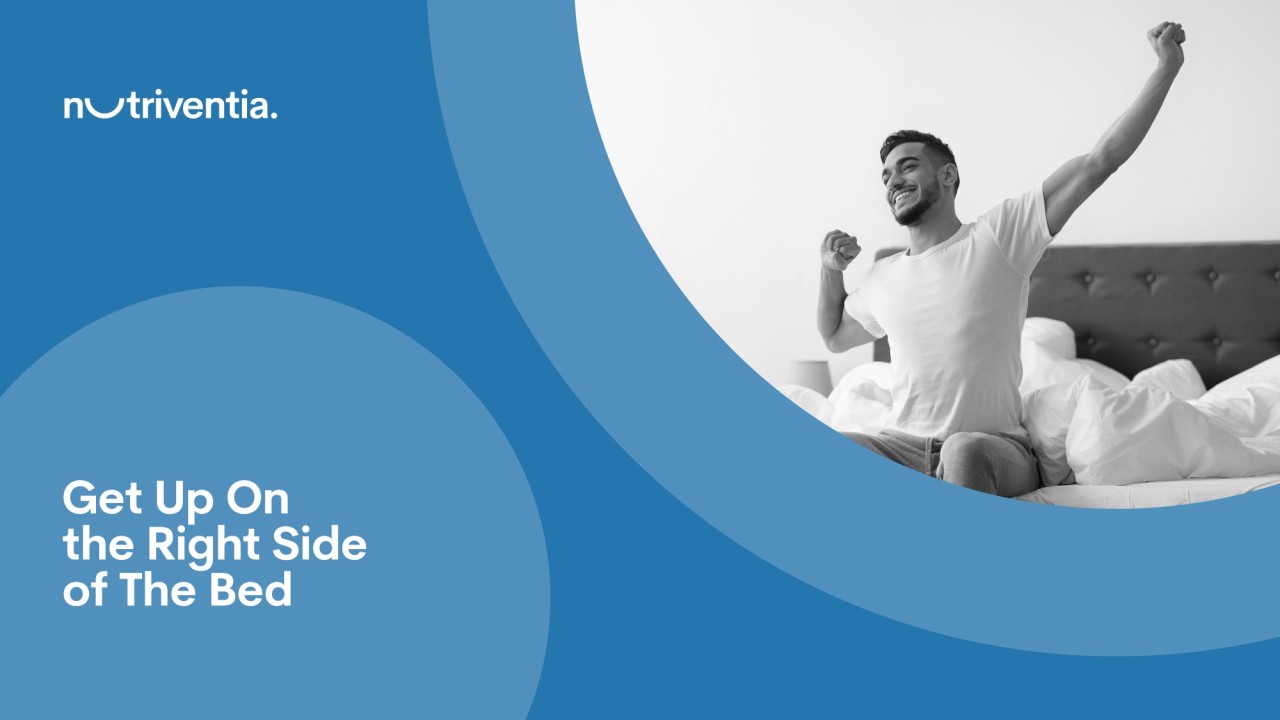The old phrase, “You got up on the wrong side of the bed,” is quaint. It means that you’re in a bad mood because you slept poorly.
Chopped-up sleep makes us surly, impatient, prone to mistakes and forgetfulness. Multiple nights of choppy sleep can turn us into curmudgeons and reduce our quality of life and feeling of wellness.
There are many reasons why falling asleep is a battle, but stress (worry, anxiety) is a common culprit. Another is discomfort, such as that caused by a poor-quality mattress and pillow. There’s also too much ambient noise, screen exposure right before lights out, and that rich food gobbled down only a short time before climbing into bed.
You summon the sandman, but he’s ghosting you.
A growing trend, especially on TikTok, is “Sleepmaxxing.” In a nutshell, this colloquialism refers to the sleep-deprived doing anything and everything to knock themselves out so they can sleep for a full 8 hours. They seek the right routine, including supplement combinations that lull them into the land of nod.
A New York Times article, “How the Pursuit of Perfect Sleep Can Backfire” by Kate Lindsay (September 9, 2024), explores the many seemingly tortuous techniques people are employing to snooze soundly. From taping up the mouth, using nostril dilators, a fan on full-tilt, sleep trackers, blue-light glasses, pillow mists, magnesium foot sprays (yes, really), and the “sleepy girl cocktail,” which blends prebiotic soda with cherry juice and magnesium powder.
And let’s not forget the myriad mattresses, pillows and blackout curtains. And the tracking technology. And the rituals.
According to one source, between 50 and 70 million Americans grapple with some form of sleep disorder, while up to 40% of adults complain of insomnia symptoms.
In one survey, 78.1% of respondents who are dissatisfied with their sleep say they have problems sleeping through the night; 49.5% have difficulty falling asleep; 37.5% say they’re awakened too early – and, the kicker: 32.1% or almost one-third of them say this happens each night.
According to the Sleep Foundation, in 2024, the sleep economy is poised to reach a record high of $585 billion. A significant factor in this growth of put-me-to-sleep products is the reliance on Dr. Google and self-diagnosis of sleep insufficiency; after all, most muse, “sleep issues may make me angry and tired but won’t kill me.”
Well, it won’t, but it sure can kick one’s quality of life down a notch or two. And life’s too short for the inability to carpe diem.
There are several supplements that can help, and science proves it.
Melotime™ melatonin is set to rise to the top of melatonin products as it gives sleep-deprived consumers what they seek – 8 hours of uninterrupted sleep. It does this through its innovative and proprietary release technology wherein the first 50 percent of the dose is released within the first hour, and then the remaining is pulsed out each of the seven hours after.
And Melotime can be incorporated into gummies – a tiny treat before bed.
A Word About Stress
One cannot talk about sleep problems without mentioning stress in some way. According to the American Psychiatry Association’s annual Stress in America survey, 43% of adults are feeling more anxious (stressed out) than they did in 2023 (37%).
Everyone’s stress profile is different, unique as they are. But one thing most have in common is that the stress manifests as excessive cortisol release.
Prolanza™ ashwagandha root extract, known as Ashwanova™ in some markets, is clinically validated for all-day stress management. CLP-certified, it’s an innovative sustained-release ashwagandha nutraceutical ingredient extract for your supplement formulation. Prolanza™’s unique release pattern enables it to provide clinical benefits for a prolonged duration with a single daily dose.
Sleepmaxxers will continue the quest to sack out for about 8 hours, so why not help them with an immediate approach (Melotime for the upcoming night) and long-term approach (Prolanza for steady stress management)?



